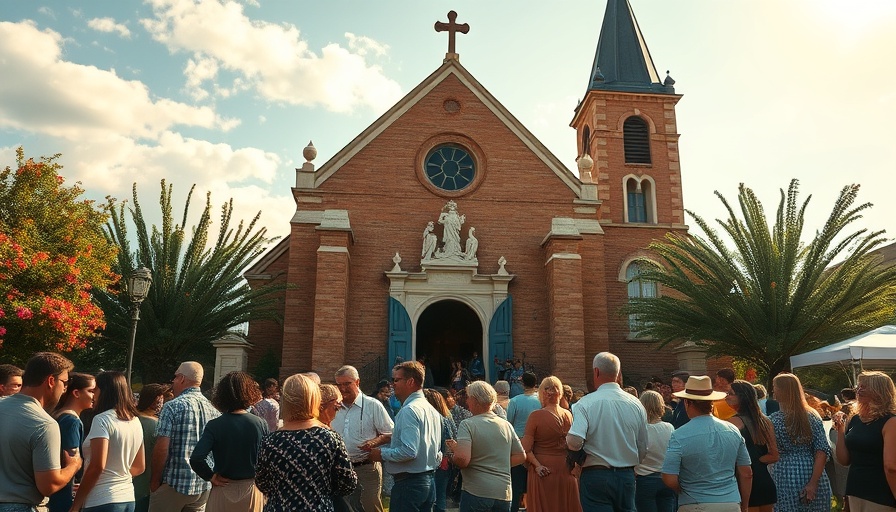
The Background of the Nashville Church Controversy
In a surprising turn of events in Nashville, the well-known Church of Christ in the city is at the center of a contentious dispute. The long-standing tradition and community dynamics have been significantly disrupted due to the recent takeover of the church. At the heart of the matter is Christian pop star Amy Grant, who has made headlines not just for her music but for her staunch stance on preserving the core values of the church that she has loved and supported over the years.
Amy Grant: More Than Just a Pop Star
Amy Grant has informed her fans throughout her career not just through her music but by serving as a voice for the Christian community. With numerous hits and a career spanning several decades, she has cultivated a significant following. However, her recent involvement in the Nashville church controversy goes beyond celebrity status; it touches upon deep-rooted issues within the church community that many residents hold dear.
Understanding the Takeover: What Happened?
The takeover of the church raises questions about leadership and congregational governance. How did this takeover happen, and what does it mean for the existing community? This scenario reflects a broader trend within various religious institutions across the country, where changes in management and doctrine can lead to division among congregants. As various groups lay claim to the church's future direction, the outcome remains uncertain.
Emotional Impact on the Community
The implications of this takeover extend into the emotional fabric of the Nashville community. Longtime attendees have expressed feelings of betrayal and confusion as they navigate their faith in light of these changes. For many, the church has been a cornerstone of their lives—a place of solace, connection, and spiritual growth. Amy Grant’s engagement in this issue underscores the broader emotional stakes involved, as she represents the concerns of numerous members who feel disconnected from their church's new direction.
Faith, Ownership, and Belonging
The issue of faith-based ownership highlights the increasingly complex relationship between community members and the institutions they support. It raises the question: who truly owns the church? Is it the leadership who claim authority, or is it the parishioners who have dedicated their lives to nurturing the church community? This dilemma is reflective of broader societal patterns, where individuals often feel disenfranchised in institutions they once trusted.
Counterarguments: Perspectives from Both Sides
As with any significant shift in leadership, there are varying perspectives. While many churchgoers stand with Amy Grant, advocating for traditional values and a sense of community, others see the takeover as a necessary evolution—an opportunity for revitalization and change in an institution some believe has stagnated. This divide illustrates the complex nature of faith and tradition, and how congregants perceive their roles within the church.
Future Predictions: What Lies Ahead?
Looking forward, the situation remains fluid. Insights from sociologists studying religious trends suggest that reactions to such takeovers could dictate future congregational alignments. As members choose to stay or leave, the community may have to redefine what it means to belong. In the long term, this incident could spark larger conversations surrounding leadership roles, congregational governance, and how communities reconcile their faith with modern realities.
Actionable Insights for Faith Communities
This controversy serves as a wake-up call for churches across the nation. Communities are encouraged to engage in open dialogues regarding governance and community ownership, ensuring that all voices are heard. Leadership ought to prioritize transparency, fostering an environment where congregants feel invested in the decisions impacting their spiritual homes. For other congregations watching this unfolding event, it represents a vital learning opportunity—navigating change while maintaining trust and community integrity.
Conclusion: Standing Together for Faith
As this conflict continues to develop, it’s a reminder for all faith-based communities to remain vigilant. The dedication of individuals like Amy Grant demonstrates that when faith and community are threatened, many will rise to defend them. For those who share similar beliefs, it’s essential to keep the dialogue open and ensure that the future of faith communities is aligned with the values that brought them together in the first place.
 Add Row
Add Row  Add
Add 




 Add Row
Add Row  Add
Add 

Write A Comment